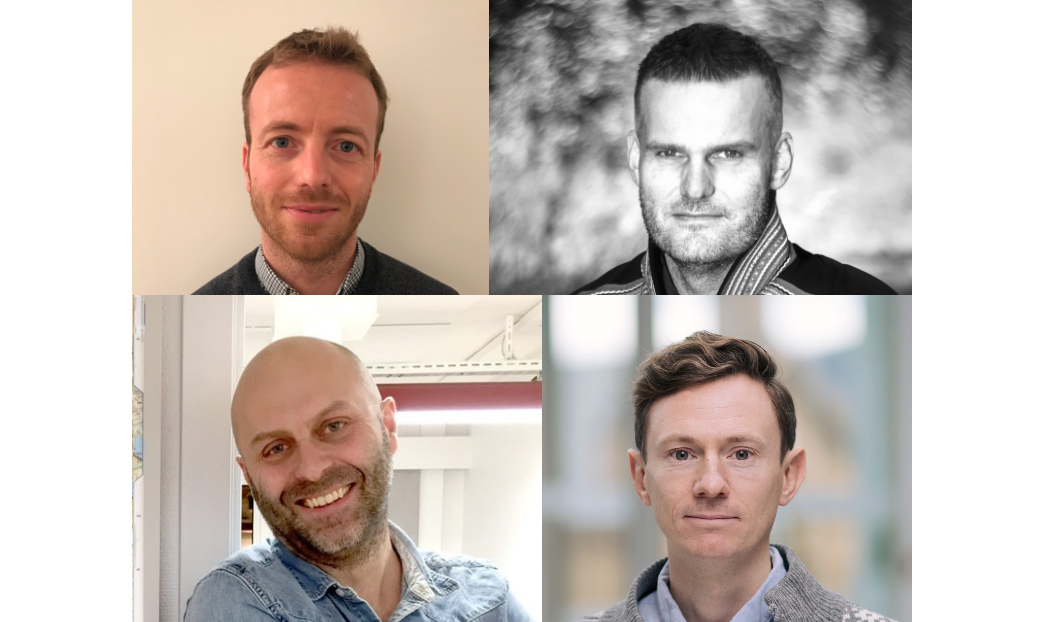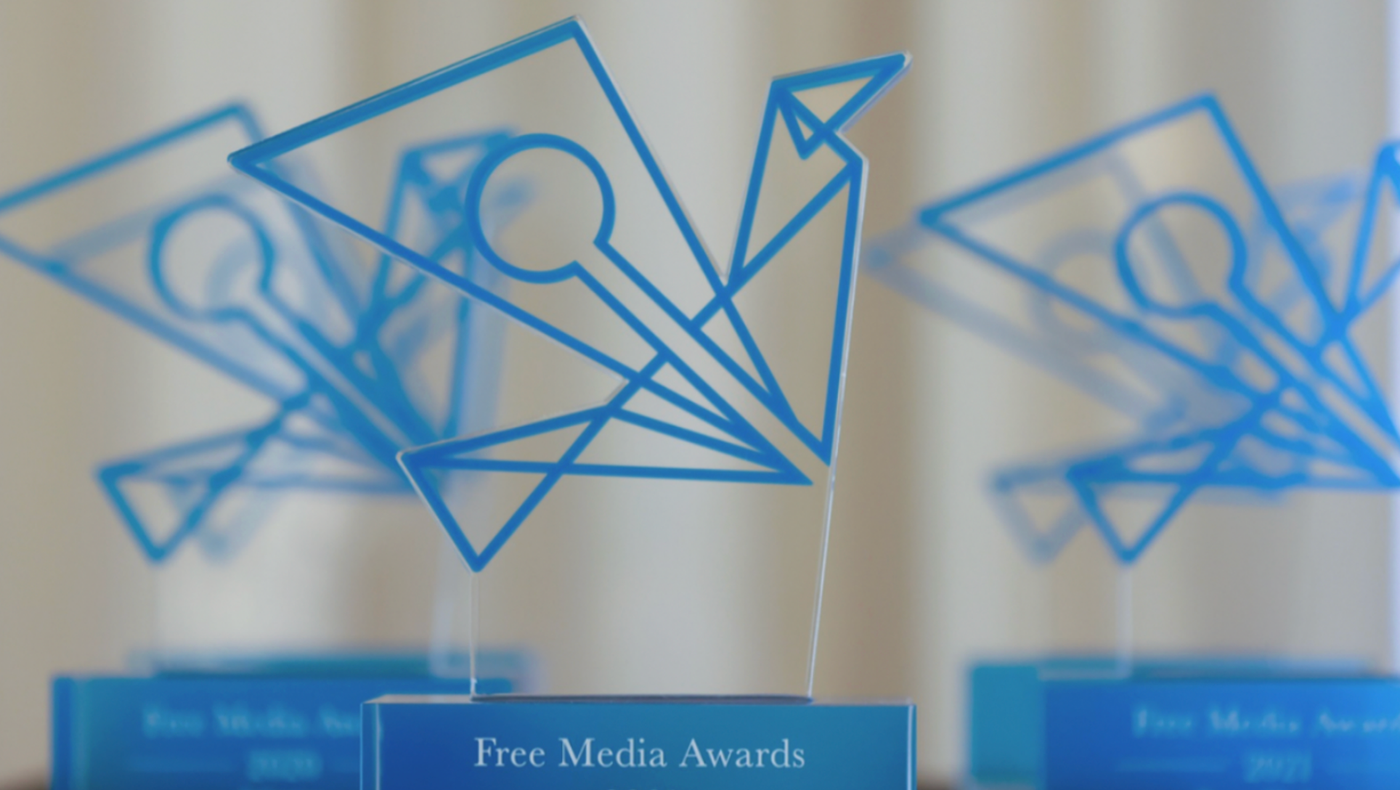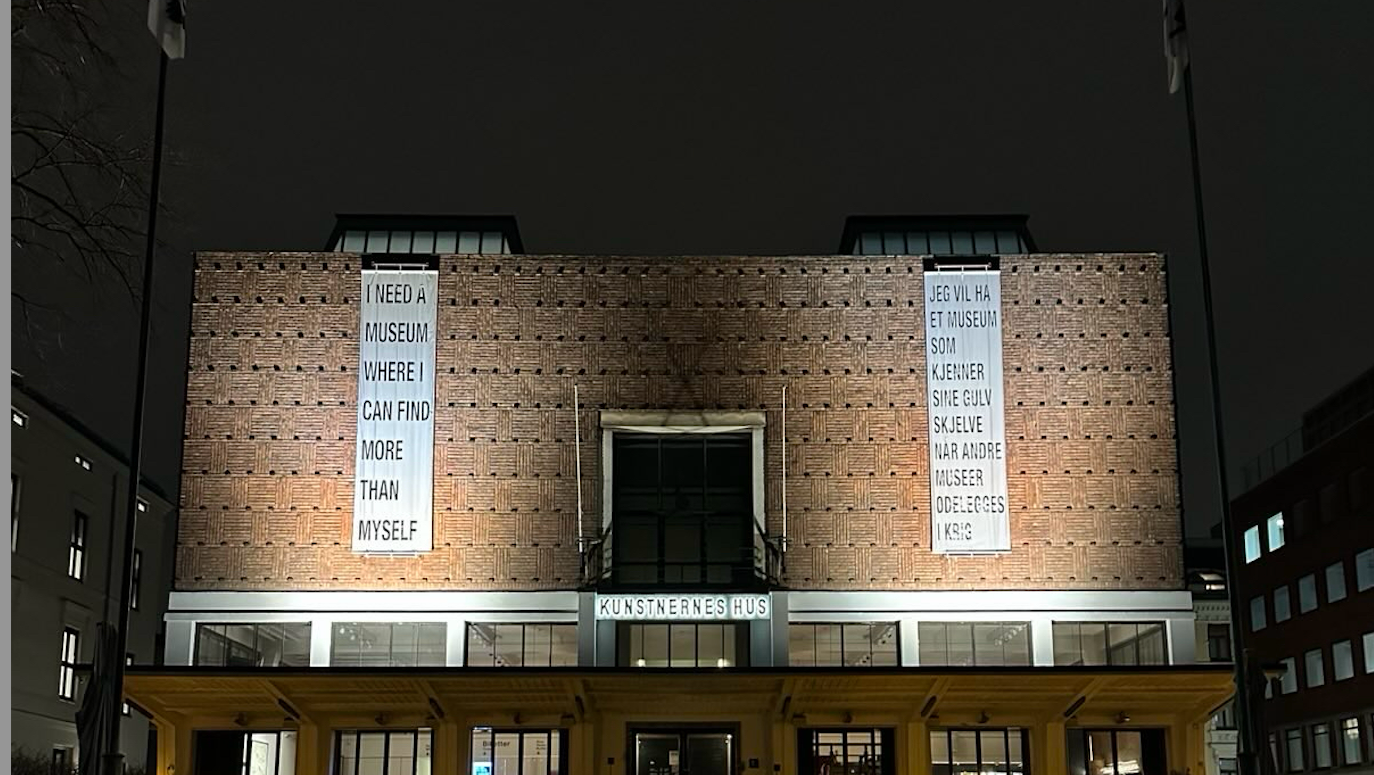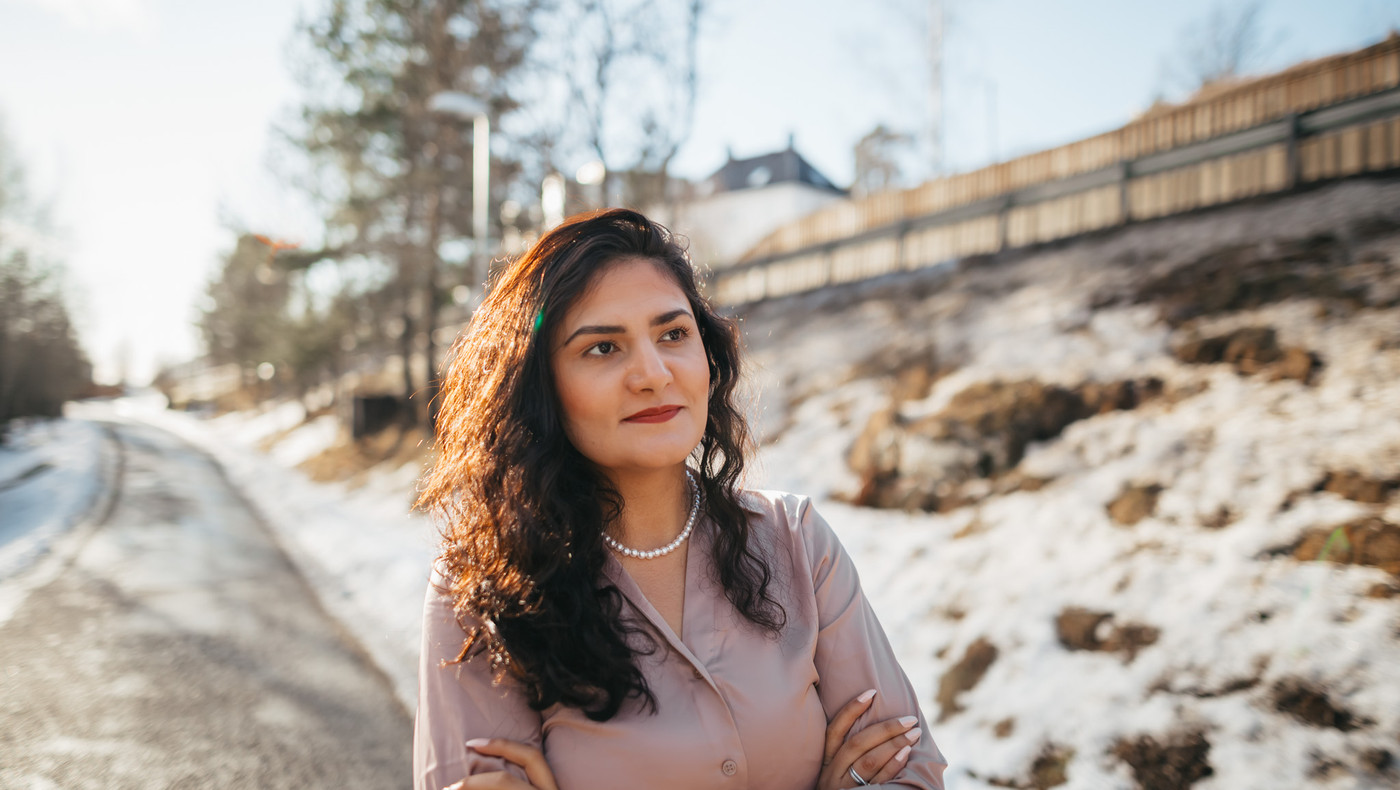The Freedom of Expression Foundation Prize for 2018 to the Journalists in the Tysfjord Case
PRESS RELEASE 4 APRIL 2018
The Freedom of Expression Foundation Prize for 2018 goes to the journalists Harald Amdal, Eirik Linaker Berglund, Thor Harald Henriksen and Kenneth Hætta for their trust-based, consequential investigative journalism in the Tysfjord case.
“The case is a prime example of wide-ranging, investigative journalism with formidable social consequences. That can be an inspiration in a media situation in which Norwegian editorial boards strive to give priority to large-scale, demanding projects”, according to Grete Brochmann, chair of the Fritt Ord Foundation’s Board.
The Tysfjord case goes to the heart of journalism’s social responsibility for protecting individuals and groups against abuse and injustice, and the revelations have had serious consequences. The Tysfjord case has been followed up by the police, the judicial system, the public administration and the religious communities involved. It has drawn attention to the obligation to report suspicions of abuse, and the obligation to prevent and defend takes precedence over the duty of secrecy. Sexual abuse continues to be a topic surrounded by taboos and shame. Promoting trusting relationships with sources over time and giving victims of abuse a sense of assurance and cooperation calls for listening and understanding.
On Saturday, 11 June 2016, 11 individuals who were featured in a documentary report in the newspaper VG entitled “The dark secret” talked about a culture of abuse that had existed for several decades in Tysfjord in Nordland County. The four journalists who covered the case were Harald Amdal, Eirik Linaker Berglund, Thor Harald Henriksen and Kenneth Hætta. Freelance journalists Amdal and Hætta did meticulous work on their master’s thesis at Volda University College before contacting VG in 2014, then Berglund and Henriksen at VG’s Tromsø office joined the investigative team. The four prize laureates continued to work on the case for nearly two years.
An investigation was instituted immediately after publication in June 2016, and in November 2017, the police summarised their findings as follows: 151 cases of sexual abuse were discovered, with 82 victims and 92 suspects. The victims ranged in age from 4 to 75 years old, and the suspects from 10 to 80 years old. The abuse took place between 1953 and August 2017. Judgments began to be handed down in the judicial system in December 2017, leading to long prison sentences.
A great many of the victims and suspects belong to the Lulea Sámi community in Tysfjord, and many are affiliated with a pietistic revival movement within the Lutheran church, mainly in the northern part of Scandinavia, called Leastadianism. This situation has led to important debates about protecting the weak against abuse in minority groups and the dangers of stigmatisation. The case has shown how difficult it is to expose abuse in minority populations and closed religious communities in a way that combines truth-seeking with understanding and sensitivity. Some aspects of the Tysfjord case were public knowledge for a decade before the comprehensive and systematic efforts made by the journalism students and VG, but that knowledge was not followed up at the local or national levels. People kept quiet.
This could have been the outcome yet again this time, had the prize laureates not insisted on fulfulling their obligation in respect of investigative journalism.
The prize laureates
Harald Amdal (33) is from Sauda and has a master’s degree in documentation and journalism from Volda University College. He works as a freelance journalist and teaches journalism. He is now introducing the trust-building method used to expose the Tysfjord case to journalism students at Oslo Metropolitan University and the Kristiania University College.
Eirik Linaker Berglund (36) is from Målselv, but has spent most of his adult life in Tromsø, where he has worked as a journalist at TV Tromsø, Nordlys and VG. Berglund took a severance package when VG’s Tromsø office closed down in September 2016. Today he is a communications consultant/acting director of information for Tromsø Municipality.
Thor Harald Henriksen (46) is from Fauske in Nordland County. He has studied journalism and has degrees in history, sociology and philosophy. He has worked as a journalist and editor for more than 20 years in northern Norway, nine of those years at VG’s Tromsø office. He also took a severance package in 2016 when VG closed down its local office and, since then, he has worked as managing editor for the newspaper Nordlys.
Kenneth Hætta (40) was born in Oslo. He has a degree in journalism from the former Oslo University College, a master’s degree in documentation and journalism from Volda University College and a master’s degree in digital communications management from the Norwegian School of Management BI. He has worked with minorities and the multi-cultural society, as well as writing contemporary stage plays about life in a closed space. Hætta is a freelancer, but also works as a communications consultant for Oslo Municipality.
The Fritt Ord Foundation Prize
The Fritt Ord Foundation Prize is the Foundation’s highest honour. The prize is NOK 400 000. In addition, the prize laureates will receive a Freedom of Expression Foundation statuette, signed by Nils Aas. The awards ceremony will be held at 7 pm on Wednesday, 2 May 2018, at the Norwegian Opera & Ballett in Oslo.
For a list of previous prize laureates, please see:www.frittord.no/priser/fritt-ords-pris
The Fritt Ord Foundation
The Fritt Ord Foundation’s Board consists of Grete Brochmann (Chair), Bård Vegar Solhjell (Deputy Chair), Anine Kierulf, Christian Bjelland, Guri Hjeltnes, Frank Rossavik and Sigrun Slapgard. Knut Olav Åmås is executive director of the Fritt Ord Foundation.
The Fritt Ord Foundation is a private non-profit foundation that aspires to promote freedom of expression, public debate, art and culture.
Contact:
Chair of the Fritt Ord Board:
Grete Brochmann, mobile +47 992 78730
The prize laureates:
Harald Amdal, mobile +47 414 02820
Eirik Linaker Berglund, mobile +47 414 31318
Thor Harald Henriksen, mobile +47 911 69941
Kenneth Hætta, mobile +47 451 34499




